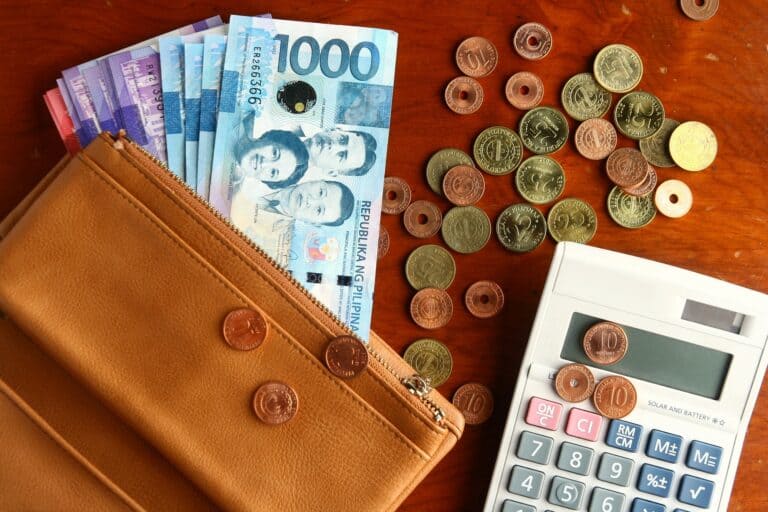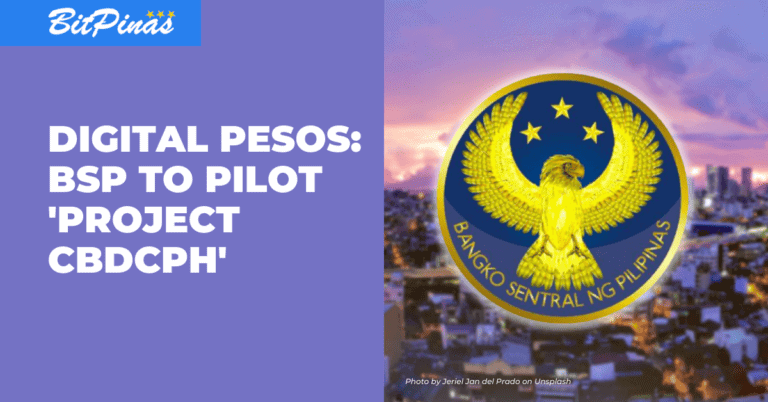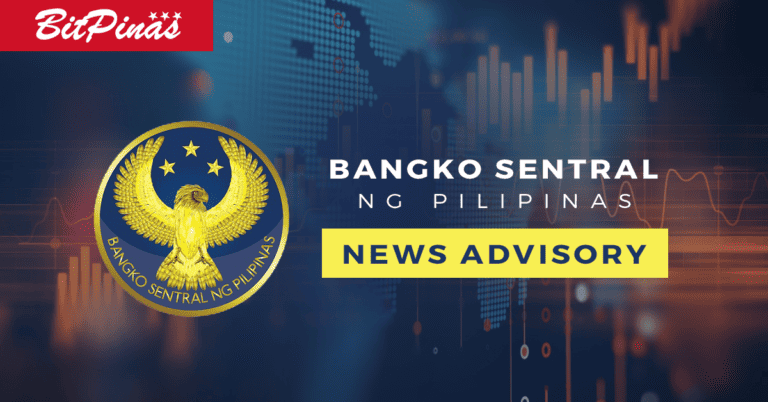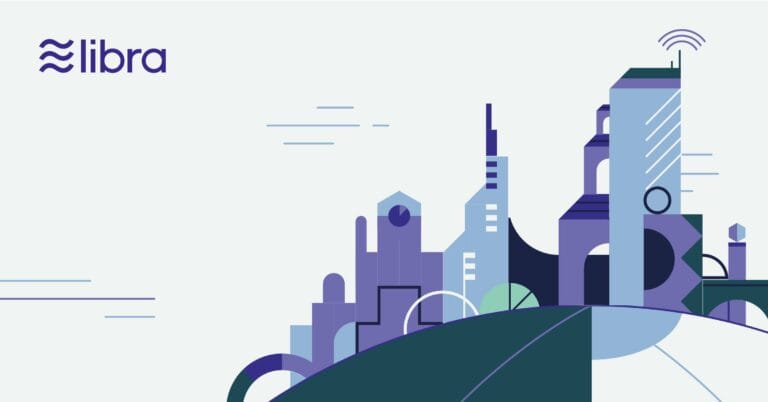Duterte Orders Gov’t Agencies To Use Digital Payment Systems
The president noted that the initiative would “promote efficient delivery of services, expedite transactions, boost revenue and reduce the risk of graft and corruption.”
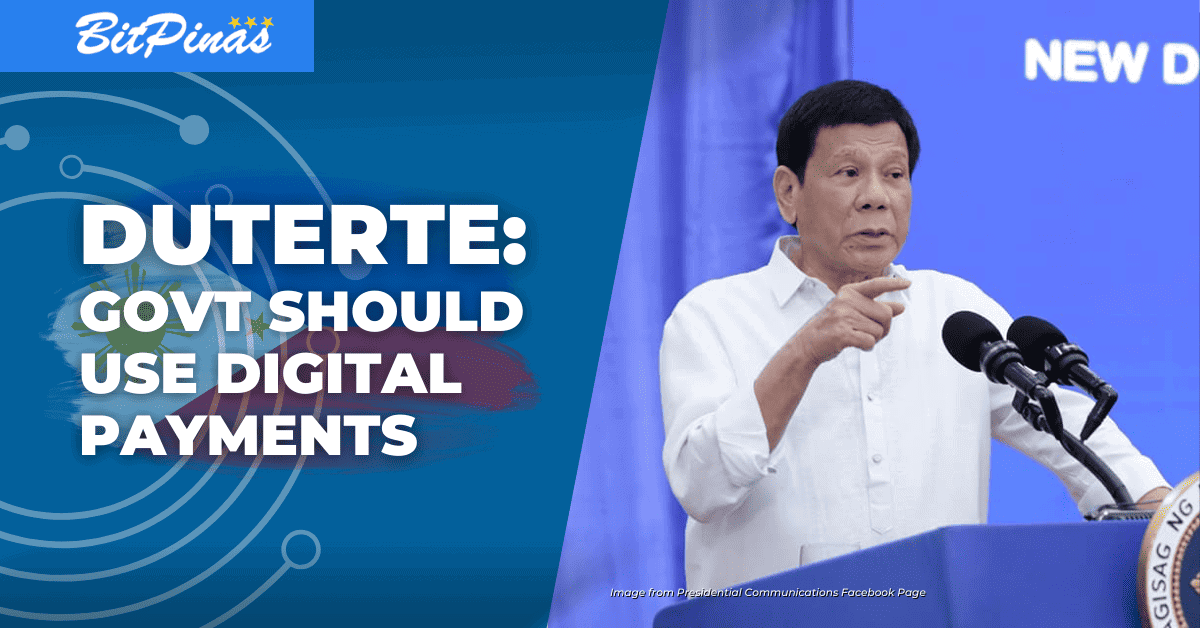
President Rodrigo R. Duterte has signed an executive order (EO) directing government departments and agencies to utilize digital payments and methods in disbursing and collecting payments for the government. The president noted that the initiative would “promote efficient delivery of services, expedite transactions, boost revenue and reduce the risk of graft and corruption.”
Under EO 170, signed by Duterte on May 12, the government recognizes that the global pandemic brought by COVID-19 has highlighted the benefits of utilizing digital payment services in various sectors as it enabled a fast, convenient, secure, and transparent mode of delivering government services and transacting business.
It added that all government “departments, agencies, and instrumentalities of the government, including state universities and colleges and government-owned or -controlled corporations are directed, and local government units (LGUs) are enjoined to adopt digital payments for their respective disbursements and collections.”
“The adoption of digital payments for government disbursements will facilitate the expedient distribution of financial assistance to beneficiaries, thereby providing a catalyst for financial inclusion for the most vulnerable sectors of society, contributing to the attainment of the country’s long-term vision under Ambisyon Natin 2040, and supporting our country’s development trajectory towards an inclusive, resilient, and future-ready economy,” the EO stated.
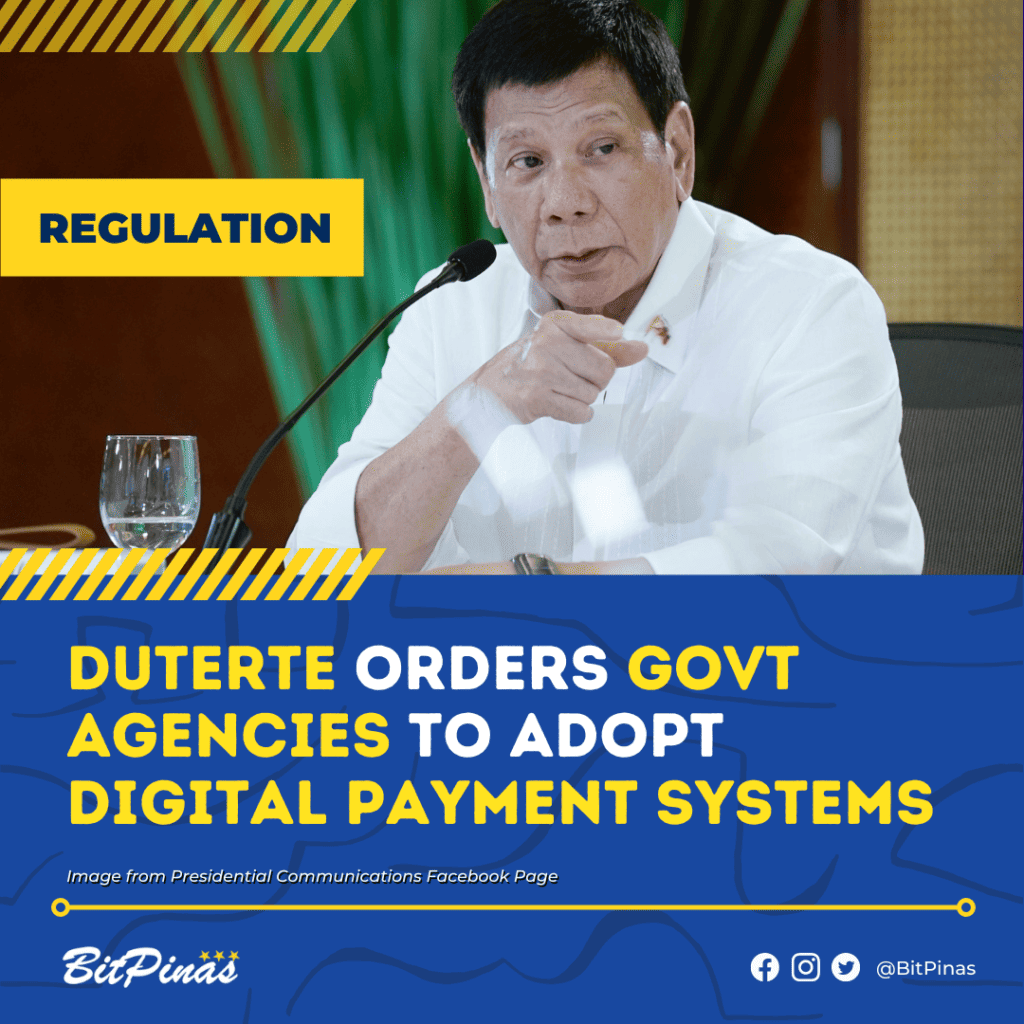
Further, the EO also instructed all covered agencies to use “safe and efficient” digital disbursement. This includes the distribution of financial assistance, payment of salaries, wages, allowances, and other compensation to employees.
Also, through the order, the agencies are allowed to disburse funds directly into the transaction accounts of recipients of beneficiaries.
“Covered agencies shall be allowed to disburse funds directly into the transaction accounts of recipients or beneficiaries, whether held in government or private financial institutions, without need of a special arrangement from the financial institutions concerned,” the order read
Still, the EO pointed out that it “does not foreclose the acceptance of cash and other traditional modes of payment.”
In addition, executive order 170 allows the creation of a Technical Working Group (TWG) that will provide guidance and promote cost-efficiency and transparency in the procurement of digital payment solutions by covered agencies. The group must be composed of representatives from the Departments of Finance (DOF), Budget and Management (DBM), Bureaus of Treasury (BTr), Internal Revenue (BIR), and the Government Procurement Policy Board Technical Support Office.
The TWG is tasked to monitor the procurement of digital payment solutions by the covered agencies to guarantee that it is operating in accordance with the existing laws, rules, and regulations.
Moreover, the DOF, along with the Bangko Sentral ng Pilipinas, Commission on Audit, DBM, BTr, BIR, and other relevant government agencies, must issue the necessary implementing rules and regulations (IRR) within 90 days once the order is implemented.
Prior to the executive order, the central bank announced that it will pursue the pilot project of a wholesale central bank digital currency (CBDC) as part of its aim to promote the stability of the country’s payment system. (Read more: BSP To Pilot CBDC for Wholesale Transactions)
Moreover, BSP Governor Benjamin Diokno stated that the central bank is currently in talks and onboarding several banks and financial institutions for the pilot testing of the CBDC by the last quarter of 2022. (Read more: BSP CBDC Digital Currency Initiative Scheduled for Q4 2022)
This article is published on BitPinas: Duterte Orders Gov’t Agencies To Use Digital Payment Systems
Disclaimer: BitPinas articles and its external content are not financial advice. The team serves to deliver independent, unbiased news to provide information for Philippine-crypto and beyond.
![[Updated] Crypto 'Tab' Now Available on GCash App, Says Crypto is Coming Soon 3 [Updated] Crypto ‘Tab’ Now Available on GCash App, Says Crypto is Coming Soon](https://bitpinas.com/wp-content/uploads/2022/07/GCASH_CRYPTO_-_FEATURED-1-768x402.png)
